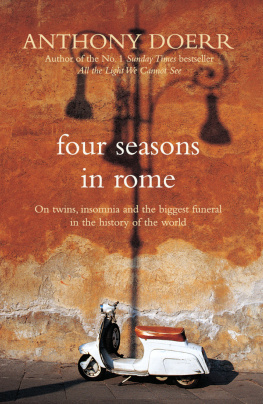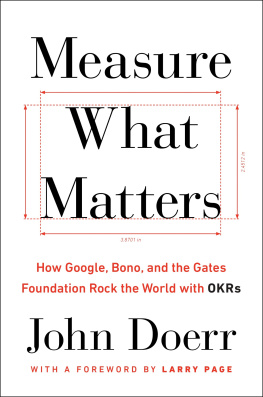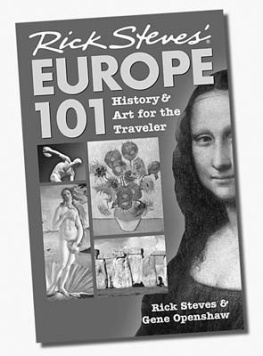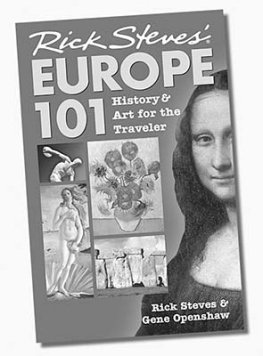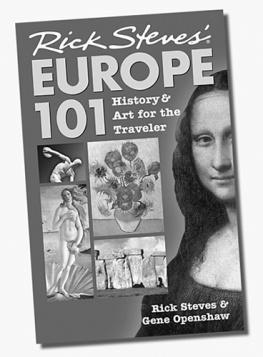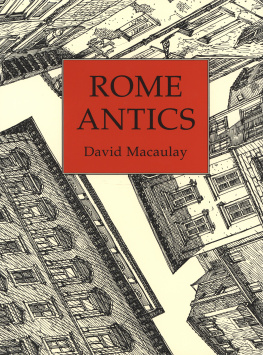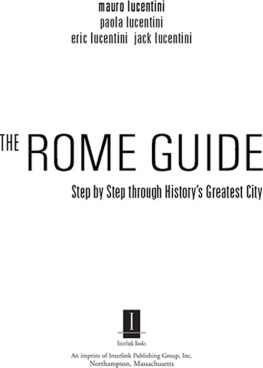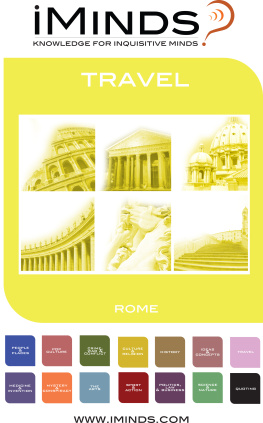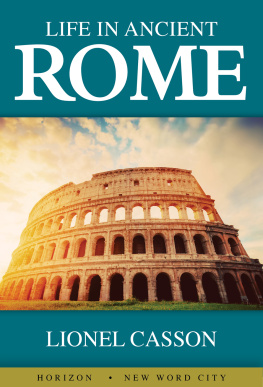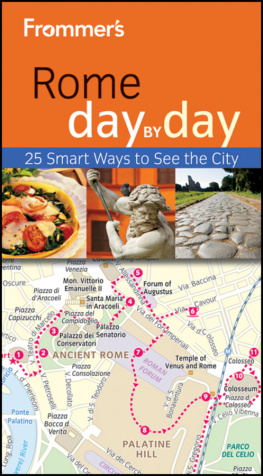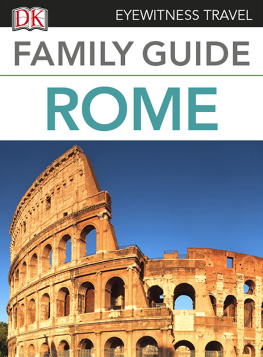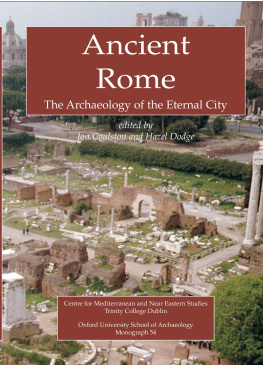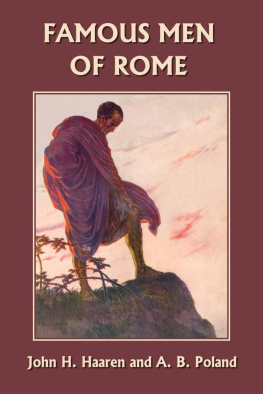Rain falls, clouds rise, rivers dry up, hailstorms sweep down; rays scorch, and impinging from every side on the earth in the middle of the world, then are broken and recoil and carry with them the moisture they have drunk up. Steam falls from on high and again returns on high. Empty winds sweep down, and then go back again with their plunder. So many living creatures draw their breath from the upper air; but the air strives in the opposite direction, and the earth pours back breath to the sky as if to a vacuum. Thus as nature swings to and fro like a kind of sling, discord is kindled by the velocity of the worlds motion.
I TALY LOOMS. WE MAKE CHECKLISTSDIAPERS, CRIB bedding, a book light. Baby formula. Two dozen Nutri-Grain bars. We have never eaten Nutri-Grain bars in our lives, but now, suddenly, it seems important to have some.
I stare at our new Italian-to-English pocket dictionary and worry. Is Here is my passport in there? Is Where for Gods sake can I buy some baby wipes?
We pretend to be calm. Neither of us is willing to consider that tomorrow well pile onto an Airbus with six-month-old twins and climb to thirty-seven thousand feet and stay there for fourteen hours. Instead we zip and unzip our duffels, take the wheels off the stroller, and study small, grainy photos of St. Peters on ricksteves.com.
Rain in Boise; wind in Denver. The airplane hurtles through the troposphere at six hundred miles per hour. Owen sleeps in a mound of blankets between our feet. Henry sleeps in my arms. All the way across the Atlantic, there is turbulence; bulkheads shake, glasses tinkle, galley latches open and close.
We are moving from Boise, Idaho, to Rome, Italy, a place Ive never been. When I think of Italy, I imagine decadence, dark brown oil paintings, emperors in sandals. I see a cross-section of a school-project Colosseum, fashioned from glue and sugar cubes; I see a navy-blue-and-white soap dish, bought in Florence, chipped on one corner, that my mother kept beside her bathroom sink for thirty years.
More clearly than anything else, I see a coloring book I once got for Christmas entitled Ancient Rome. Two babies slurped milk from the udders of a wolf. A Caesar grinned in his leafy crown. A slinky, big-pupiled maiden posed with a jug beside a fountain. Whatever Rome was to me thenseven years old, Christmas night, snowflakes dashing against the windows, a lighted spruce blinking on and off downstairs, crayons strewn across the carpetits hardly clearer now: outlines of elephants and gladiators, cartoonish palaces in the backgrounds, a sense that I had chosen all the wrong colors, aquamarine for chariots, goldenrod for skies.
On the television screen planted in the seat-back in front of me, our little airplane icon streaks past Marseilles, Nice. A bottle of baby formula, lying sideways in the seat pocket, soaks through the fabric and drips onto my carry-on, but I dont reach down to straighten it for fear I will wake Henry. We have crossed from North America to Europe in the time it takes to show a Lindsay Lohan movie and two episodes of Everybody Loves Raymond. The outside temperature is minus sixty degrees Fahrenheit.
A taxi drops us in front of a palace: stucco and travertine, a five-bay faade, a staircase framed by topiaries. The gatekeeper stubs his cigarette on a shoe sole and says, in English, Youre the ones with the twins? He shakes our hands, gives us a set of keys.
Our apartment is in a building next to the palace. The front gate is nine feet tall and iron and scratched in a thousand places; it looks as if wild dogs have been trying to break into the courtyard. A key unlocks it; we find the entrance around the side. The boys stare up from their car seats with huge eyes. We load them into a cage elevator with wooden doors that swing inward. Two floors rattle past. I hear finches, truck brakes. Neighbors clomp through the stairwell; a door slams. There are the voices of children. The gate, three stories down, clangs hugely.
Our door opens into a narrow hallway. I fill it slowly with bags. Shauna, my wife, carries the babies inside. The apartment is larger than we could have hoped: two bedrooms, two bathrooms, new cabinets, twelve-foot ceilings, tile floors that carry noise. Theres an old desk, a navy blue couch. The refrigerator is hidden inside a cupboard. Theres a single piece of art: a poster of seven or eight gondolas crossing a harbor, a hazy piazza in the background.
The apartments jewel is a terrace, which we reach through a narrow door in the corner of the kitchen, as if the architect recognized the need for a doorway only at the last moment. It squats over the buildings entrance, thirty feet across, fifty feet up. From it we can look between treetops at jigsaw pieces of Rome: terra-cotta roofs, three or four domes, a double-decker campanile, the scattered green of terrace gardens, everything hazed and strange and impossible.
The air is moist and warm. If anything, it smells vaguely of cabbage.
This is ours? Shauna asks. The whole terrace? It is. Except for our door, there is no other entrance onto it.
We lower the babies into mismatched cribs that dont look especially safe. A mosquito floats through the kitchen. We share a Nutri-Grain bar. We eat five packages of saltines. We have moved to Italy.
For a year Ill be a fellow at the American Academy in Rome. There are no students here, no faculty, only a handful of artists and scholars, each of whom is given a year in Rome to pursue independent projects.
Im a fellow in literature. All I have to do is write. I dont even have to show anyone what I write. In return, they give me a studio, the keys to this apartment, two bath mats, a stack of bleached towels every Thursday, and $1,300 a month. Well live on the Janiculum Hill, a green wave of trees and villas that rears a few hundred yards and a series of centuries-old stone staircases above the Roman neighborhood called Trastevere.
I stand on a chair on the terrace and try to find the Tiber River in the maze of distant buildings but see no boats, no bridges. A guidebook at the Boise Public Library said Trastevere was charming, crammed with pre-Renaissance churches, medieval lanes, nightclubs. All I see is haze: rooftops, treetops. I hear the murmur of traffic.
A palm tree out the window traps the sunset. The kitchen faucet drips. We did not apply for this fellowship; we did not even know that it existed. Nine months ago we got a letter from the American Academy of Arts and Letters saying my work had been nominated by an anonymous committee. Four months later we got a letter saying we had won. Shauna was still in the hospital, our sons twelve hours old, when I stood in front of our apartment in the slush and found the envelope in the mail.
Our toilet has two buttons to flush it, one twice the size of the other. We discuss: I contend they produce the same amount of water; Shauna says the bigger button is for bigger jobs.
As it always is with leaving home, it is the details that displace us. The windows have no screens. Sirens, passing in the street, are a note lower. So is the dial tone on our red plastic telephone. When we pee, our pee lands not in water but on porcelain.
The bathroom faucets read C and F and the C is for calda, not cold but hot. The refrigerator is the size of a beer cooler. An unlabeled steel lever protrudes from the wall above the cooktop. For gas? Hot water?
The cribs the Academy has loaned us have no bumpers or sheets but do have what we decide must be pillows: inch-high rectangles of foam, sheathed in cotton.

